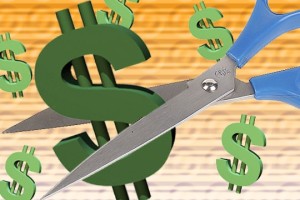Finance world changing fast for the depositors – A past & present overview
 We all are using Bank accounts to do proper financial management. Now people hardly keep liquid cash with them, instead of that people are using Debit & Credit cards. Government bank are in the place of trust but private banks are also giving a good competition by providing great services.
We all are using Bank accounts to do proper financial management. Now people hardly keep liquid cash with them, instead of that people are using Debit & Credit cards. Government bank are in the place of trust but private banks are also giving a good competition by providing great services.
Previously people only rely on government banks due to the security factors but now the time has changed people are started relying on private banks for their advanced services. And as both the banks has to fulfill all the standardize rules & guidelines fixed by the central banking authority. Competition is very tuff in both the banks so customers/account holders are getting benefited with this.
As we know that world economy is not in a good position so we all are thinking about our financial future. Now most of the people are appointing financial adviser or taking help from different reputed wealth management companies to place their liquid assets/money for the maximum growth. So, banks are working sometimes as an adviser.
As both the government & private banks are bound to follow the service rules fixed by the central banking system of the respective country but since they are customizing their services to grab the customer’s attention. Few banks are providing different fixed deposit schemes & few banks are concentrating to improvise the recurring deposit schemes to target all type of customers. I know this topic is debatable but since as per my personal experience i can say that both Government & private banks do have some standardize individual identity of providing services to their customers. I do have my personal saving accounts in both the private & government banks & i am very happy with their services or vice verse.
But now coming to the customers side, for making the financial security for the future people are still rely on fixed deposit, recurring deposit, insurance & pensions but I can say the financial sector is changing very fast which we can see in the banking sector, previously they were only the security of our finances but now they are performing as a adviser & also assisting the customer with all their queries. In the other side people are started investing in shares, investment bonds, debenture etc. Longed & parenting by the leading companies of the world.
Positive & negative aspects the sides of a coin which will remain the same but the service will help us to decide the right side & go forward to make our self financially secured.
















